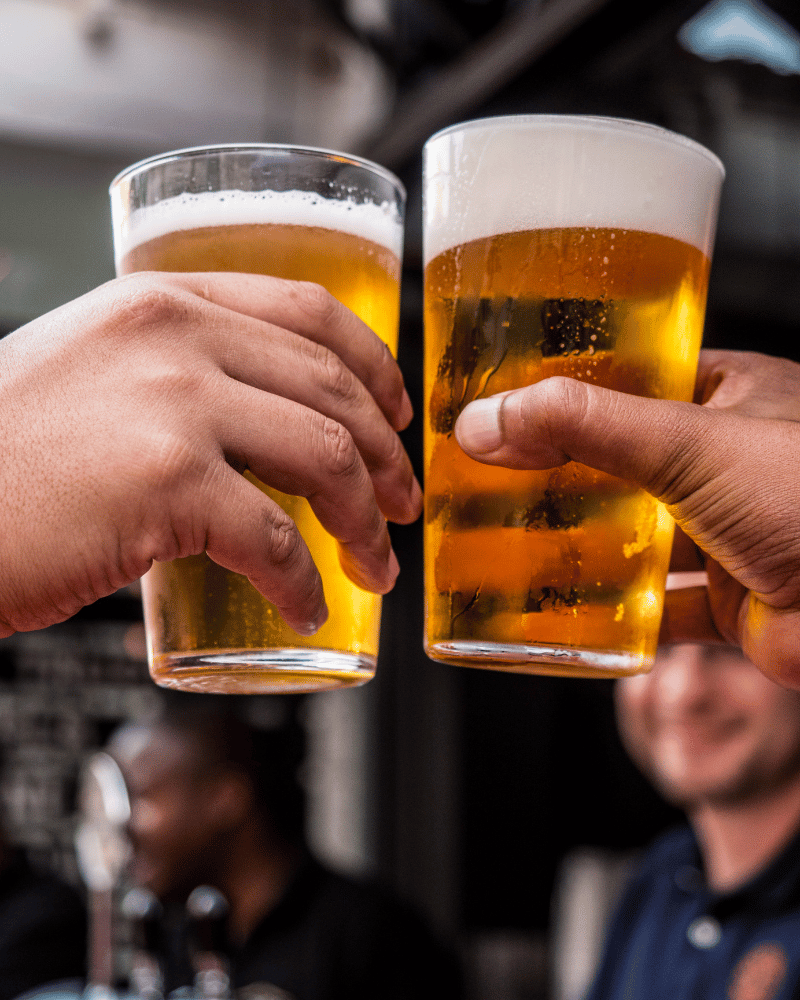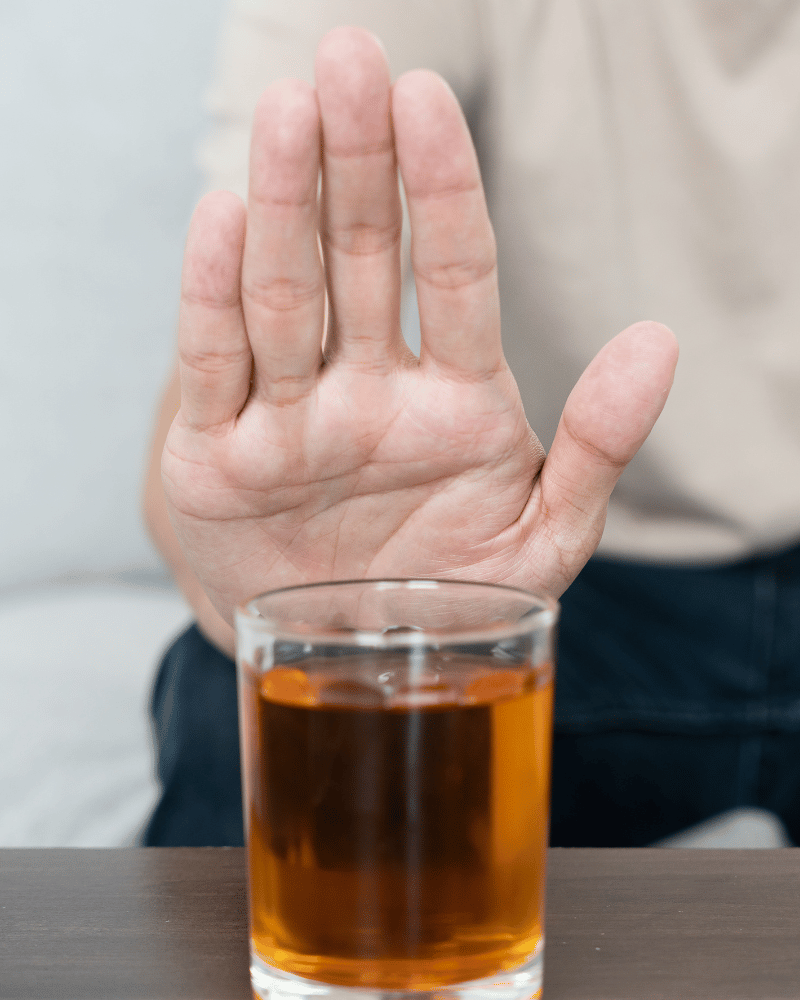Physical symptoms of alcohol dependence: warning signals from the body
Alcohol dependence often manifests itself through various physical symptoms that may seem subtle at first, but become more serious over time. The most common physical signs include trembling, especially in the morning after waking up, sweating for no apparent reason and an increased pulse rate. Those affected often feel exhausted and exhausted, even though they get enough sleep. Gastrointestinal complaints such as nausea, diarrhea or loss of appetite also occur. In the long term, this can lead to serious health problems such as liver disease, high blood pressure and a weakened immune system. These physical symptoms are often a clear indication that the body is suffering from constant alcohol consumption and urgently needs help.
Psychological changes due to alcohol dependence
In addition to the physical effects, psychological changes are a key symptom of alcohol dependence. Those affected are more prone to depression, anxiety or irritability. The ability to cope with stress decreases, which leads to many people using alcohol as an emotional "tool" to deal with negative feelings. Over time, a strong craving for alcohol develops, which dominates thoughts and supersedes all other priorities. Mental symptoms such as difficulty concentrating, memory lapses or mood swings can also occur and severely affect everyday life. These mental changes often cause those affected to isolate themselves socially, which further reinforces the addiction.


Behavioral patterns of people with alcohol dependence
People who are addicted to alcohol often show conspicuous changes in behavior that are difficult for those around them to overlook. A common symptom is secret drinking or hiding alcohol in order to conceal consumption. Those affected tend to downplay their drinking habits or play them down in front of others. Another sign is the inability to stop once they have started drinking. Social obligations or hobbies are often neglected because alcohol takes up more and more time and space. Many people also start to make excuses as to why they need to drink and take more and more risks, such as drinking and driving or neglecting important responsibilities.
Alcohol addiction and sleep disorders: A vicious circle
Sleep disorders are a widespread symptom of alcohol addiction. Although many people initially use alcohol to help them fall asleep, long-term consumption leads to the exact opposite: a disturbed sleep rhythm. Although alcohol can make it easier to fall asleep, it impairs the quality of sleep, especially the deep sleep phases. Many of those affected wake up after a few hours, feel restless and find it difficult to get back to sleep. This constant lack of sleep can lead to increased tiredness, irritability and concentration problems during the day - a vicious circle that often leads to those affected consuming even more alcohol in order to overcome their sleep problems.
How alcohol addiction affects everyday life
Alcohol dependency has far-reaching effects on the everyday life of those affected. Even simple tasks that used to be easy to do become increasingly difficult. Concentration decreases, performance at work drops and relationships often suffer as a result of the addiction. For many alcoholics, everyday life increasingly revolves around the next drink, which leads to appointments being missed, commitments being ignored and hobbies being abandoned. Financial problems are also not uncommon, as a significant proportion of their income is spent on alcohol. At the same time, self-care decreases - hygiene, healthy eating or exercise are neglected as the focus is on alcohol.

Mood swings and alcohol: a common symptom
Alcohol dependence is often accompanied by strong mood swings. These mainly occur when the blood alcohol level drops and the body craves more alcohol. Those affected can change from euphoric and relaxed to irritable and aggressive within a very short space of time. Depressive moods and feelings of hopelessness are also not uncommon, especially when alcohol consumption has increasingly negative consequences in life. These emotional rollercoaster rides make it difficult to maintain stable relationships and often lead to those affected withdrawing further and further or causing conflict in their social environment.
The craving for alcohol: a central symptom of addiction
An incessant craving for alcohol is one of the clearest symptoms of addiction. This craving is not only physical, but also psychological. Those affected often feel a real compulsion to consume alcohol and can hardly think of anything else. This craving for alcohol increases over time, especially in stressful or emotionally stressful situations. Even after long periods of abstinence, the craving can return suddenly and unexpectedly, which increases the risk of relapse. Those affected often try to combat this craving by making promises to themselves that they will drink less or not at all - but they have already lost control over their consumption.
Alcohol withdrawal
As soon as someone with an alcohol addiction tries to reduce or completely stop consumption, withdrawal symptoms often occur. These can be both physical and psychological in nature. Typical symptoms include trembling, sweating, nausea, headaches and an increased heart rate. Insomnia, irritability and severe anxiety are also common side effects of alcohol withdrawal. In severe cases, hallucinations or seizures can occur, which is why withdrawal should often take place under medical supervision. It is important to seek professional help in good time to alleviate the symptoms and increase the chances of successful and lasting abstinence.




